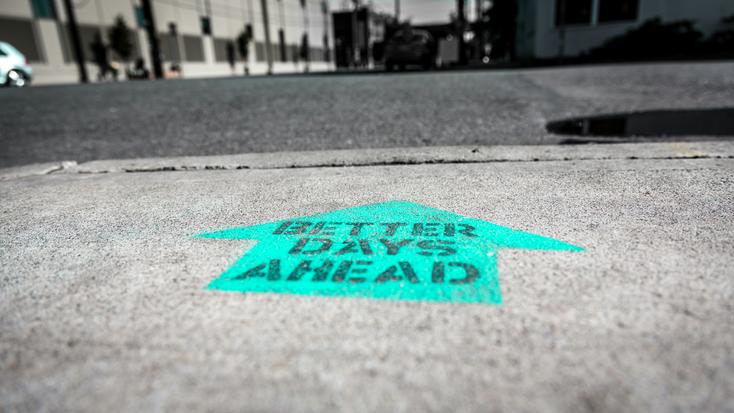Risk Management

Do you ever click on something you know you shouldn’t?
I do.
And so do your colleagues. Your boss. Your team. Pretty much everyone.
Not bec…Læs mere

Do you ever set your alarm early, fully intending to get up and start the day with purpose—only to snooze just once … and then maybe a few more time…Læs mere

We all love a good dose of optimism—it keeps us going, helps us dream big, and gives us the confidence to tackle challenges. But when it comes to IT…Læs mere

Ever feel like bad things only happen to other people?
That’s optimism bias at work—a cognitive bias that tricks our brains into believing we’re le…Læs mere

Risk Management · 22/09-2024
Are you afraid of numbers?
Are you, like me, a little number-shy? Don’t worry, we all are.
Our brains simply aren’t built to grasp numbers, decimals, or probabilities natural…Læs mere

Risk Management · 04/08-2024
The Action Bias: Why Doing Something Isn’t Always Better Than Doing Nothing in Cybersecurity
The Hidden Dangers of Action Bias in Cybersecurity
In the fast-paced world of cybersecurity, we often feel compelled to respond immediately to th…Læs mere

Imagine encountering a vendor who captivates you with their charm and polished presentation. You find a personal rapport and are persuaded by their …Læs mere

The events in our world of cyber get more and more attention from the media, broadcasting the incidents and their sizes.
We all seek this news in ou…Læs mere

Risk Management · 23/03-2024
The Curse of Security Knowledge
Have you ever found yourself in a situation where you were trying to explain something to a group of people, but they couldn’t understand what you w…Læs mere
___MESSAGE___
___MESSAGE___
